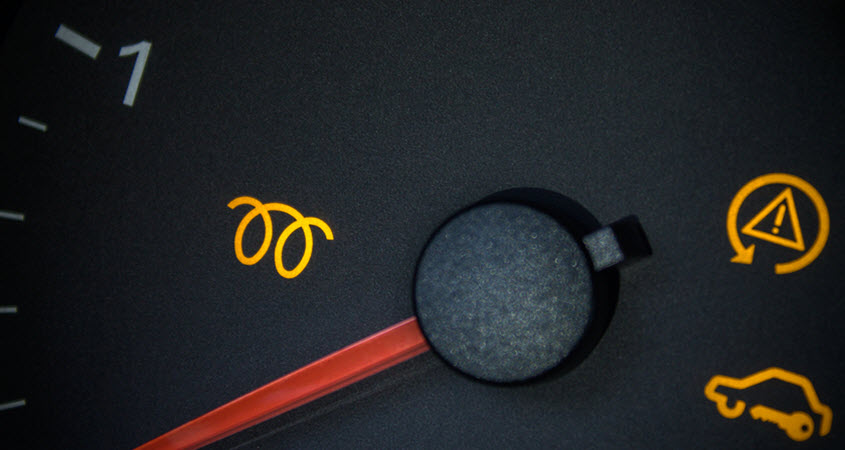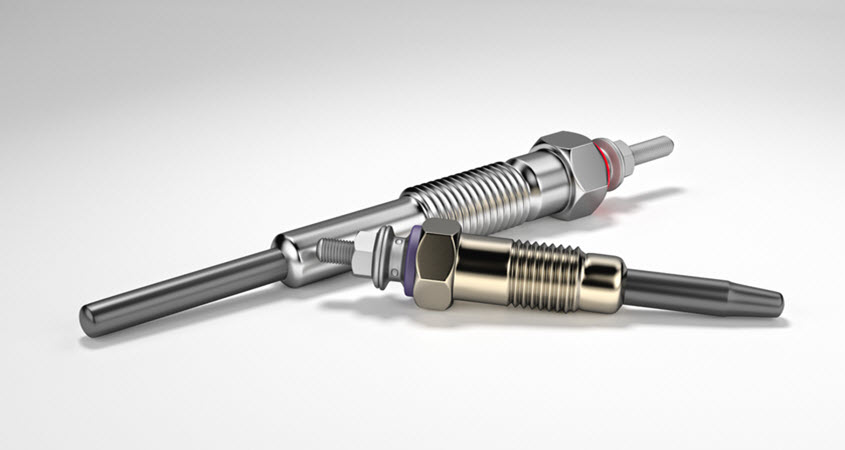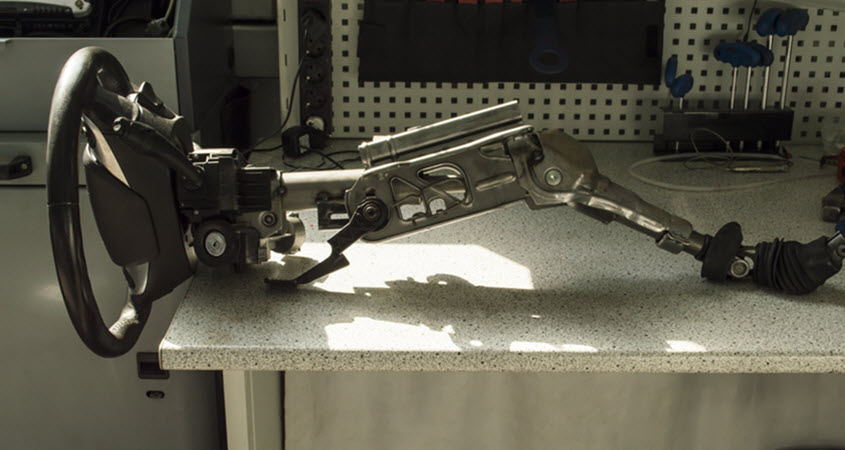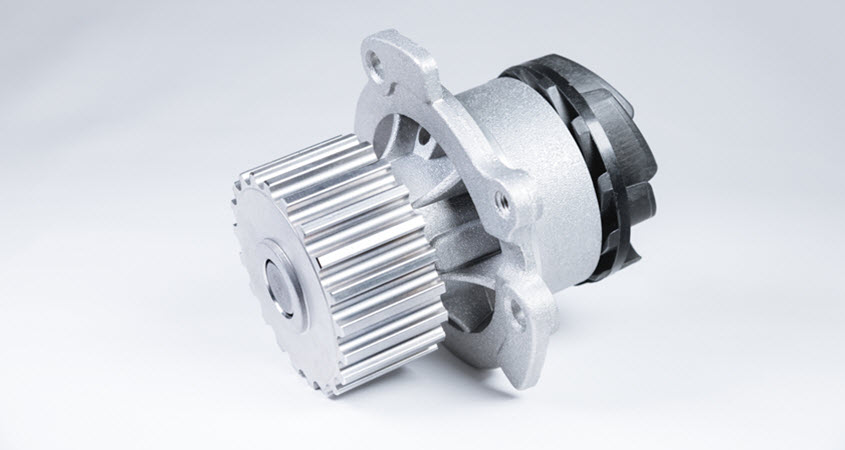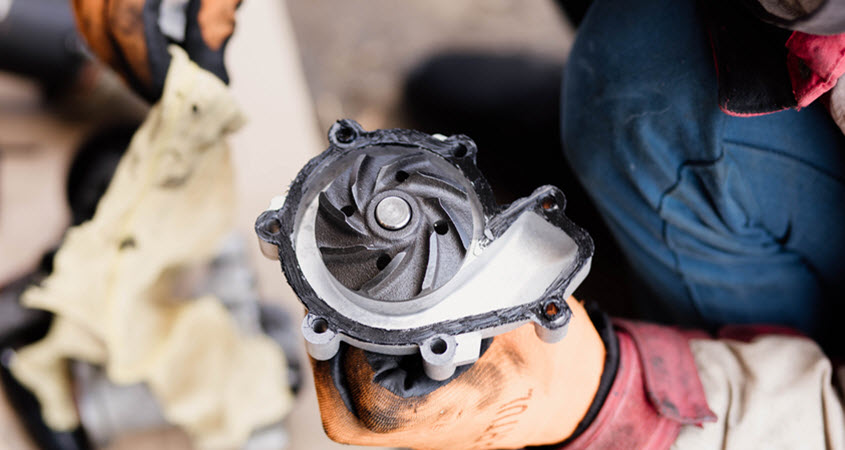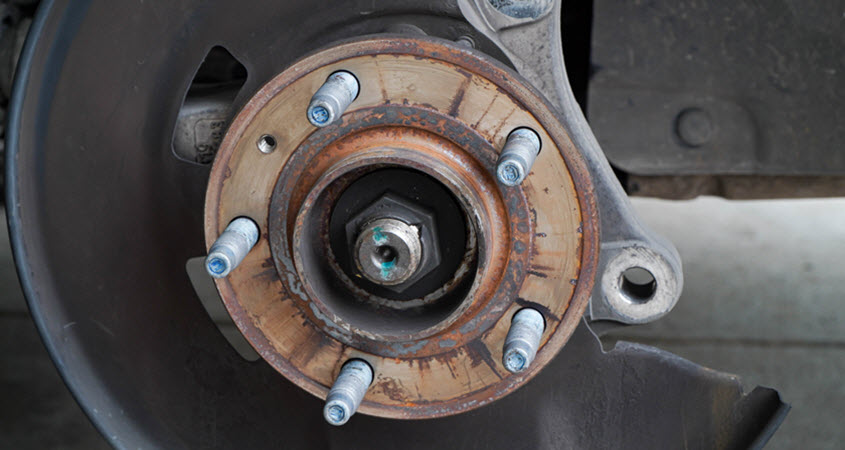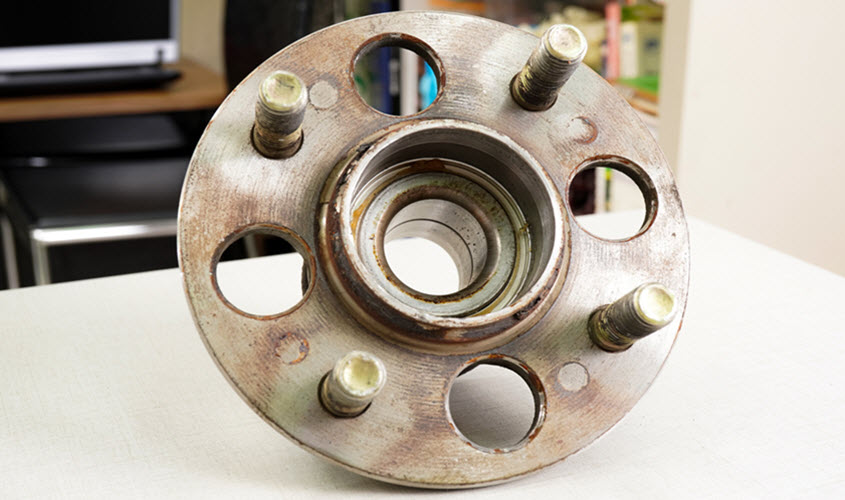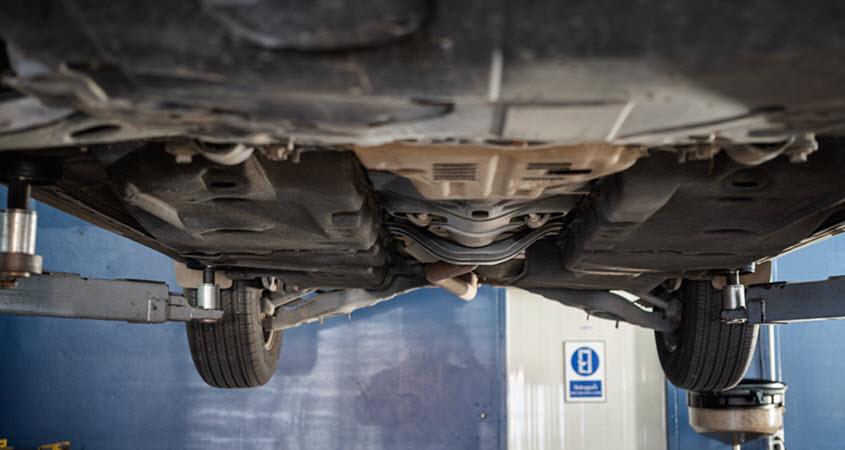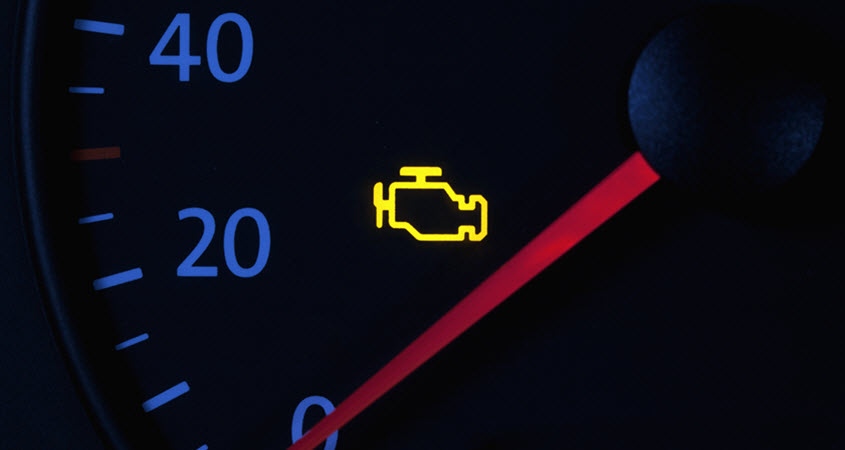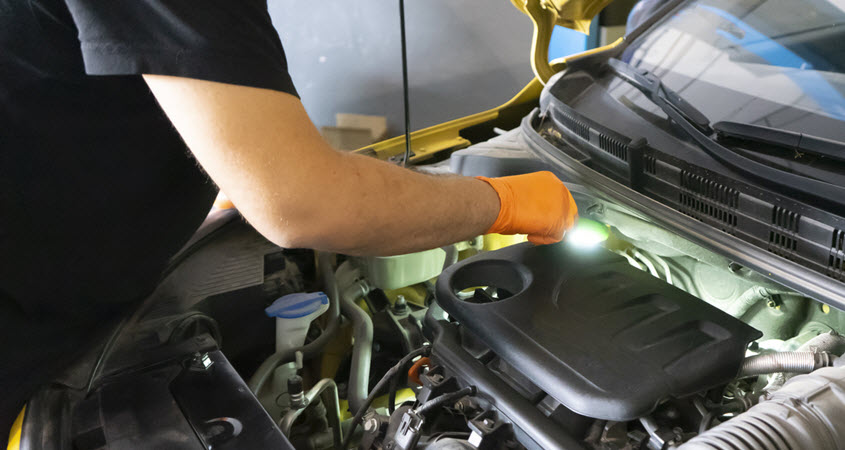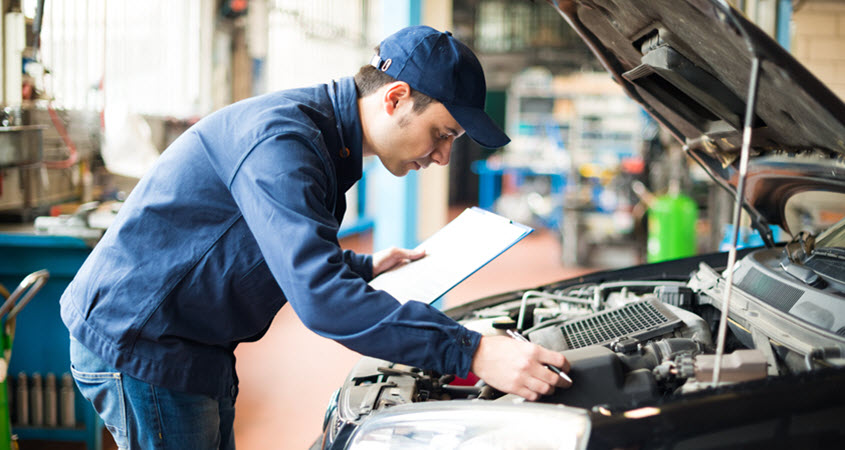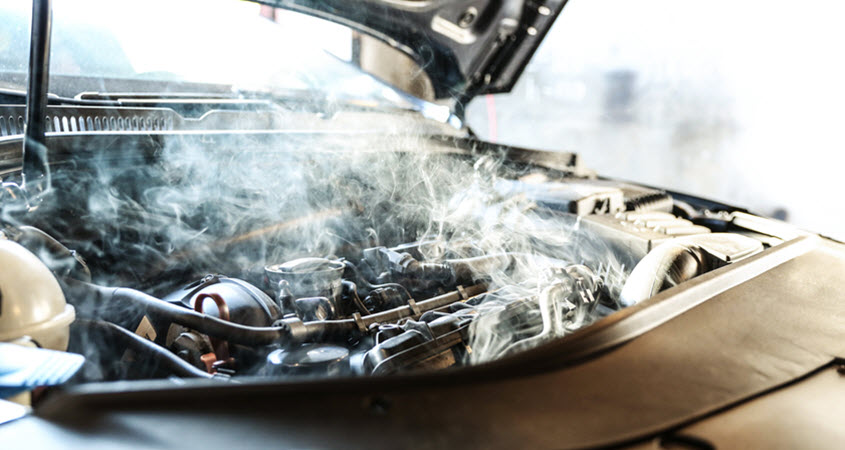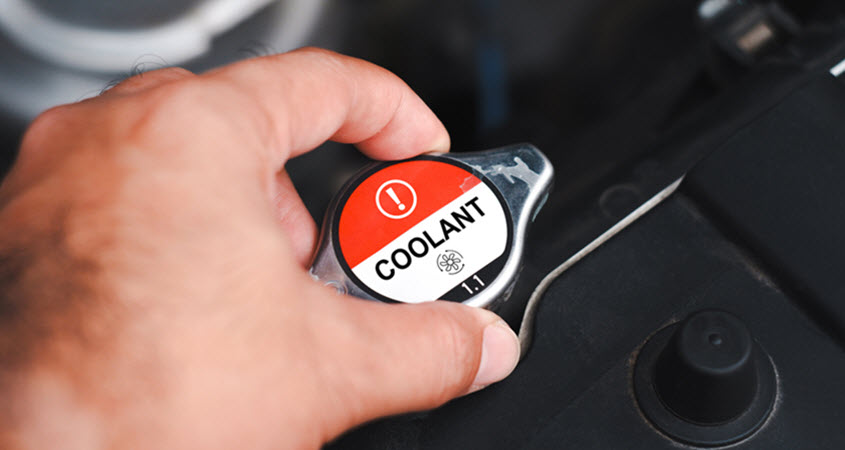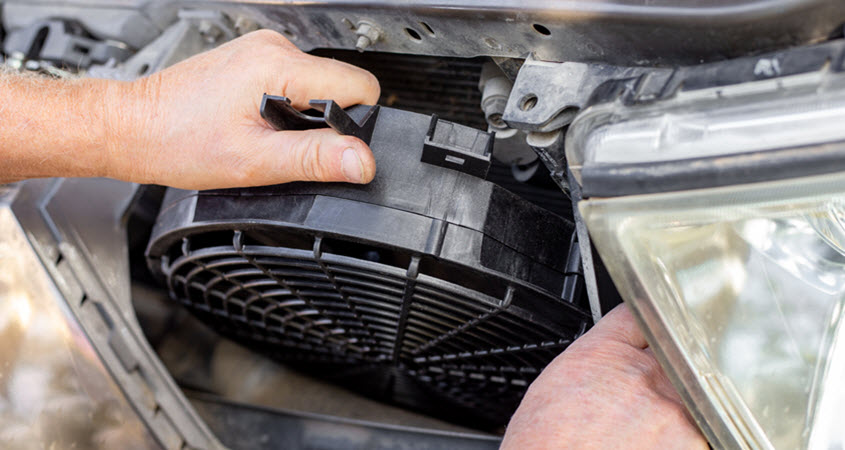Maserati is one of the most iconic luxury cars known for its design and powerful engine under the hood of the vehicle. The transmission system in your Maserati plays a leading role in the smooth running & better performance of the car, however, issues with the functioning of the transmission system can adversely affect the performance of your car.
Transmission overheating is a common problem associated with many Maserati models & here in this article, we will discuss the essential tips to help prevent transmission overheating in your Maserati.
Regular Maintenance & Fluid Inspection
One of the most effective ways to prevent the transmission in your Maserati from overheating is by sticking to the regular maintenance schedule & fluid inspection of your vehicle. The transmission fluid plays a key role in the optimal functioning of the transmission system.
The transmission fluid circulates throughout the transmission system lubricating the various moving components of the transmission so that friction between these parts is reduced considerably and the risk of the transmission overheating is negated completely.
That is why it is important to keep a tab on the transmission fluid level in your high-end car and if you happen to come across low levels of transmission fluid in your Maserati, then you must immediately get in touch with a certified mechanic to get your transmission system inspected for any leaks & initiate remedial measures accordingly.
Don’t Overload Your Car
One of the major reasons behind the overheating of the transmission system in any car including your Maserati is tied to carrying more people than what is recommended for the luxury car. Most of the time it is observed that Maserati owners openly flout the rules prescribing the number of persons they can carry in their car.
In addition to that, often people have this habit of towing loads attached to their vehicle which can adversely affect the transmission system of your Maserati in the long run. This is one of the leading reasons behind the overheating transmission in your luxury car.
The overloading of the vehicle leads to strain on the transmission system to provide more power than what is required and this causes the transmission fluid to degrade as it loses its viscosity. However, when you are sticking to the weight limit of your car then this ensures that the transmission will function optimally.
At times, drivers unknowingly overload their vehicles because they aren’t aware of the carrying capacity of their car. You need to have a look at the owner’s manual of your vehicle to know the weight limit of your car and always stick to that weight limit while driving.
Use Proper transmission Fluid
One of the leading reasons behind overheating transmission in your Maserati is related to the use of transmission fluid in your vehicle. Most drivers resort to aftermarket transmission fluid when it comes to replacing the old transmission fluid in their vehicles.
However, this is the biggest mistake you can make because Maserati being a high-end car requires a specific synthetic transmission fluid and you need to stick to this manufacturer-recommended transmission fluid for your Maserati.
Besides that, replacing the transmission fluid when the need arises is also crucial for the optimal function of the transmission system. You must never neglect this maintenance item, otherwise the transmission system is going to encounter a host of problems including overheating.
Adopting Best Driving Practices
Often it is observed that rash driving by many drivers is the root cause behind the overheating of the transmission system in your Maserati. No doubt Maserati is a high-end sports vehicle and drivers like to test it to its extreme but you must remember that it does take a toll on your engine & the transmission system.
You need to adopt best driving practices so that your transmission system isn’t stretched to its extreme and doesn’t trouble you while driving.
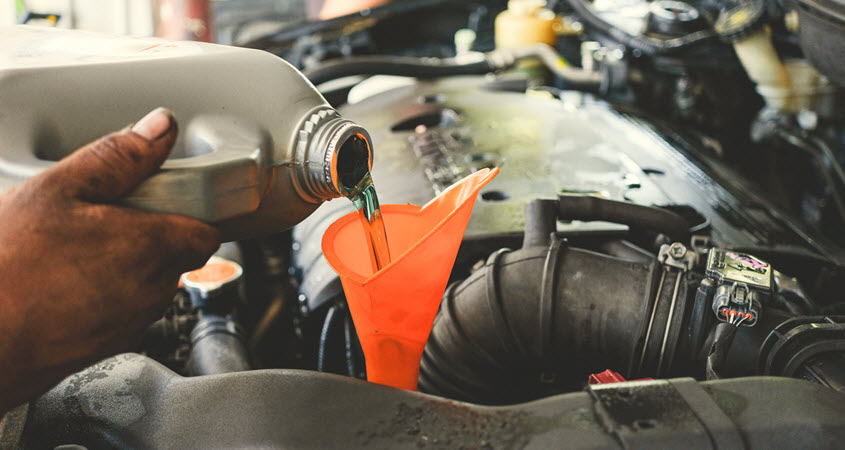
Contact Us At Kruse Lucas Imports Today
There is no doubt that experiencing transmission overheating in your Maserati is definitely concerning and the moment you experience anything like this, you must immediately contact us at Kruse Lucas Imports in Modesto, CA. Our team of certified mechanics are having years of experience in looking after luxury cars.
At Kruse Lucas Imports, we are committed to providing you with the best of everything when it comes to addressing transmission overheating issues so that you get back your car on the road in no time.
* Blue Maserati Quattroporte Car image credit goes to: mgallar.
 525 Tully Road
525 Tully Road (209) 529-9111
(209) 529-9111


